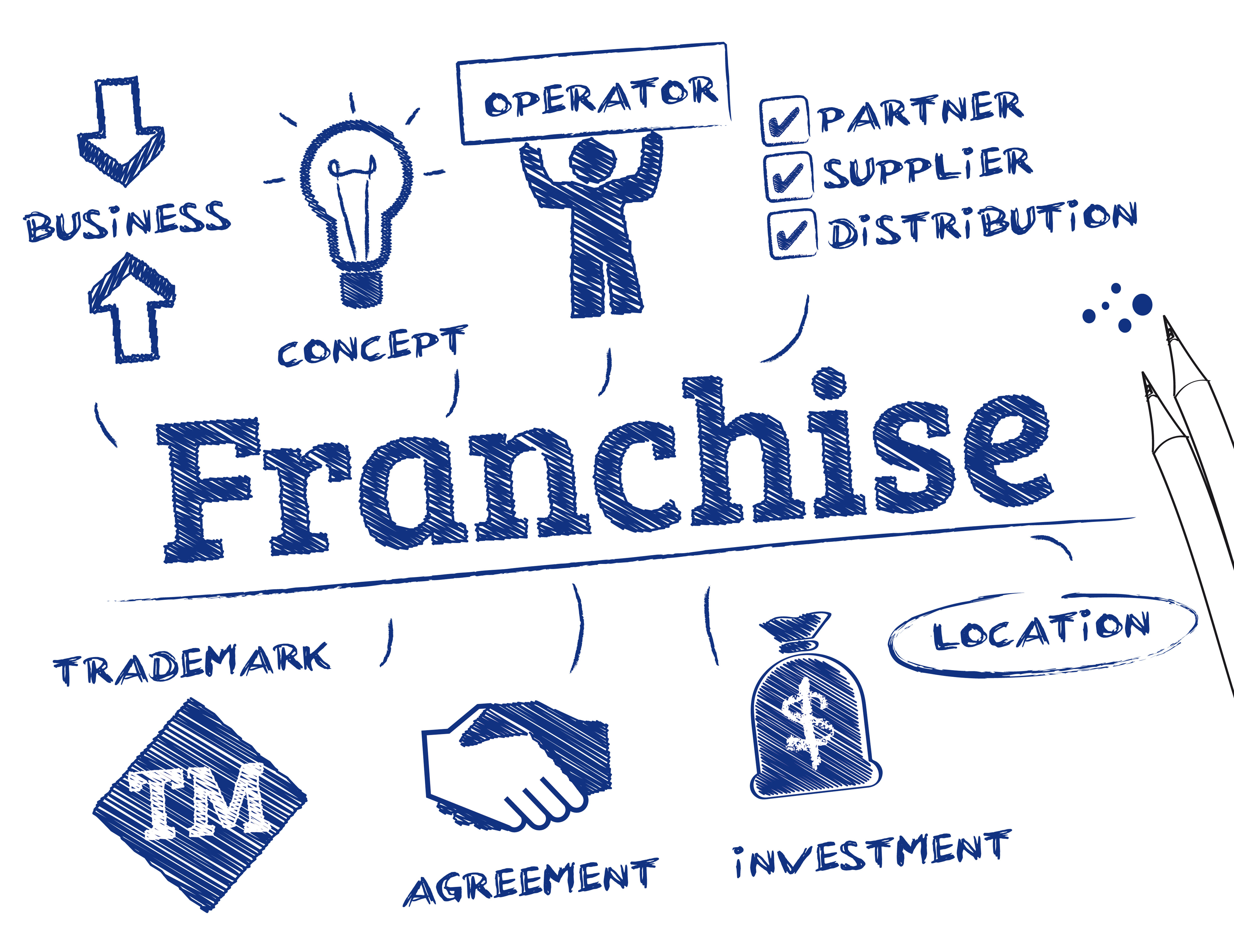
The list of attributes necessary for making a successful CEO is a long one. They must be intelligent, innovative and ambitious, for starters. However, there’s one that’s not always at the top of the list, but has proven to be essential: mental toughness. Achieving that takes time, guidance and experience (both good and bad).
Mental toughness doesn’t just happen – it’s a process, and CEOs can use some guidance on how to get there. This guidance can come from both mentors and role models, as Frank Kalman examined for a Chief Learning Officer story.
The story features Bill Cole, the CEO of a consulting firm in Silicon Valley. Cole says that having a mentor for one-on-one guidance is preferable to a group learning setting. Identifying a role model is just as important, and Cole recommends finding someone who is reachable and “exhibits admirable mental toughness.”
“Having a role model who embodies mental toughness, someone who can be personally connected to the learner, can give leaders a more engaging, visceral learning experience,” Cole says.
Here are eight major benefits that come with building mental toughness.
1. It develops a winning attitude
Working on mental toughness requires a different frame of mind. Karima Mariama-Arthur discusses this for Entrepreneur.com, saying that it is usually linked to the “psychological concept behind peak performance,” but is more about “embracing the mindset of top performers.”
“Thinking is the primary filter for every experience that you have,” she explains. “Mediocre thinking promotes an equally low standard of performance and results. A winning mindset (i.e. the thinking, habits and philosophies of elite performers) however, transforms the landscape. It unlocks the unlimited potential to create, influence and generate outcomes that activate success.”
2. It builds self-confidence
When CEOs believe in themselves and their ability to lead — through both the good times and the bad — mental toughness is a natural benefit. Brian Hacks includes this as one of four key characteristics of being mentally tough in a story for Success.com.
“People who are self-confident believe that they can achieve success, despite any obstacles they encounter. They work hard to develop themselves in competitive environments. They are proactive, decisive and courageous in spite of fear.”
3. It builds character
Tough times often lead to tough lessons, and those experiences contribute to building mental strength. Mariama-Arthur explains this further in her Entrepreneur.com story, saying:
“Delving deeply into the trenches, grappling with hardships and doing whatever it takes to succeed is par for the course,” she writes. “They welcome obstacles and uncertainty for their potential to make them smarter, more agile and resilient. … One of the exceptional hallmarks of mental toughness is that it helps leaders to reach for their ‘why.’ This is especially important during difficult times — when commitment may wax and wane. The internal drive to achieve goals despite setbacks is what distinguishes the world class from average performers.”
4. It creates emotional intelligence
This is what Travis Bradberry considers “the cornerstone of mental toughness” in a story for Entrepreneur.com. He contrasts it with a person’s IQ, saying that our emotional intelligence (EQ) is flexible and can become better.
“You cannot be mentally tough without the ability to fully understand and tolerate strong negative emotions and do something productive with them,” Bradberry says. “Moments that test your mental toughness are ultimately testing your emotional intelligence (EQ). Unlike your IQ, which is fixed, your EQ is a flexible skill that you can improve with understanding and effort.”
5. It helps to tackle challenges
Those who are eager to face a new challenge are more likely to “think and work outside the box,” Hacks writes. This includes creativity, innovation and risk-taking, because “they are keenly focused on achieving positive outcomes.”
“Spiritual teacher and The Power of Now author Eckhart Tolle teaches that challenges, difficulties and uncertainty, all concepts that point to change — and upset the status quo — are natural parts of life that should be embraced,” Hacks says. “He notes that, ‘Change is absolutely necessary and offers a new way of being in this world.’”
6. It creates positivity
Being tough isn’t the same as being positive, but CEOs with mental toughness will likely have experienced enough to know the best ways for responding to difficult moments. Once that mindset has been established, a positive attitude is likely to follow and will spread to other employees.
Consider this approach, courtesy of The Positivity Solution: “No matter who you are, life will knock you down — count on it. The real question is what happens after you get knocked down? Do you chronically complain and wallow in negativity, or do you have the mental toughness to defiantly say, ‘This will not break me. I will get up,’ even when you’re on the ground in intense emotional pain?”
7. It helps to handle problematic employees
Every CEO will have to manage difficult scenarios and difficult people. This, of course, is not an enjoyable or productive part of the job, but is one that’s unavoidable in all business settings. This is a time when mental toughness can pay off, Bradberry explains.
“Mentally tough people control their interactions with toxic people by keeping their feelings in check,” he writes. “When they need to confront a toxic person, they approach the situation rationally. They identify their emotions and don’t allow anger or frustration to fuel the chaos. They also consider the difficult person’s standpoint and are able to find common ground and solutions to problems. Even when things completely derail, mentally tough people are able to take the toxic person with a grain of salt to avoid letting him or her bring them down.”
8. It helps to say goodbye to the past
Many people in business are haunted by past mistakes. A missed opportunity, a wrong decision, a situation that could have been handled better — these lessons are important, but so is letting go of those mistakes, as Jeff Haden writes for Inc.com.
“When something bad happens to you, see it as an opportunity to learn something you didn’t know,” he says. “When another person makes a mistake, don’t just learn from it — see it as an opportunity to be kind, forgiving and understanding. The past is just training; it doesn’t define you. Think about what went wrong but only in terms of how you will make sure that next time, you and the people around you will know how to make sure it goes right.”

